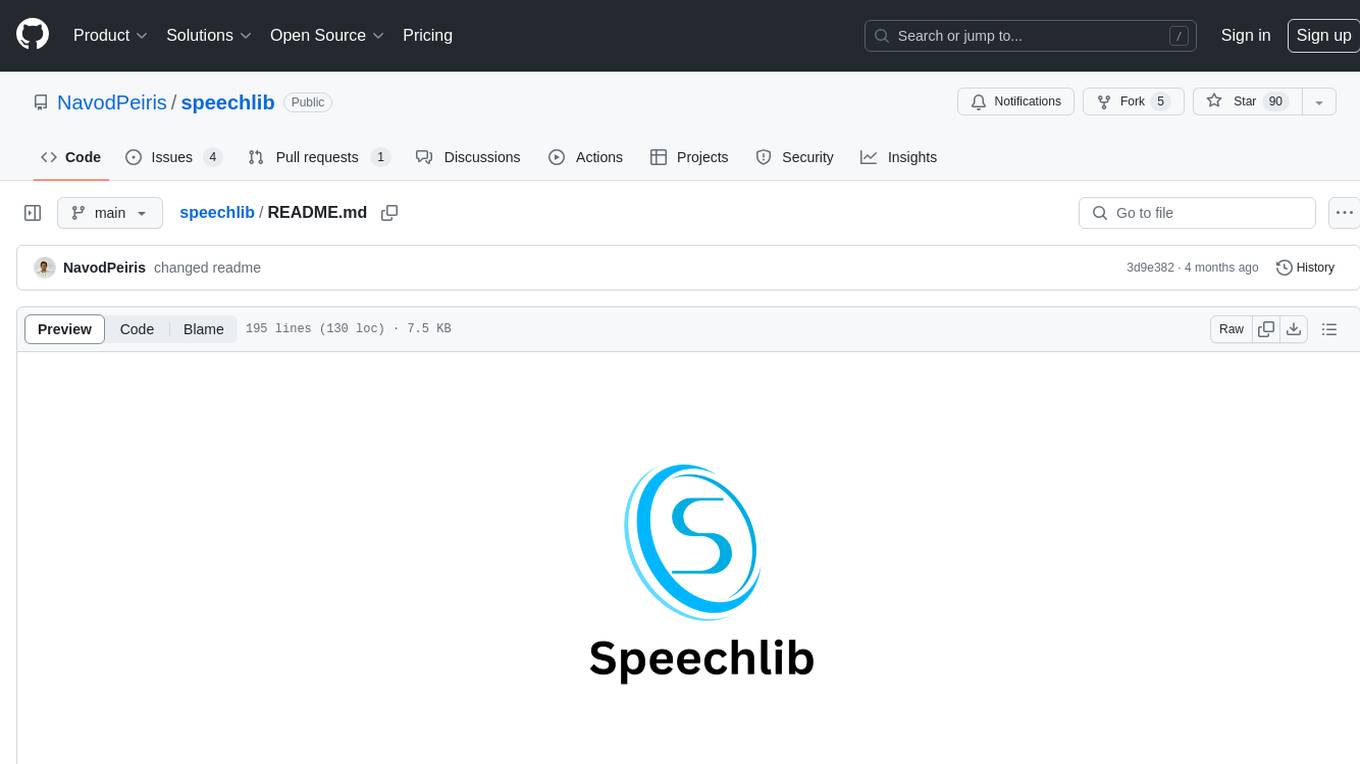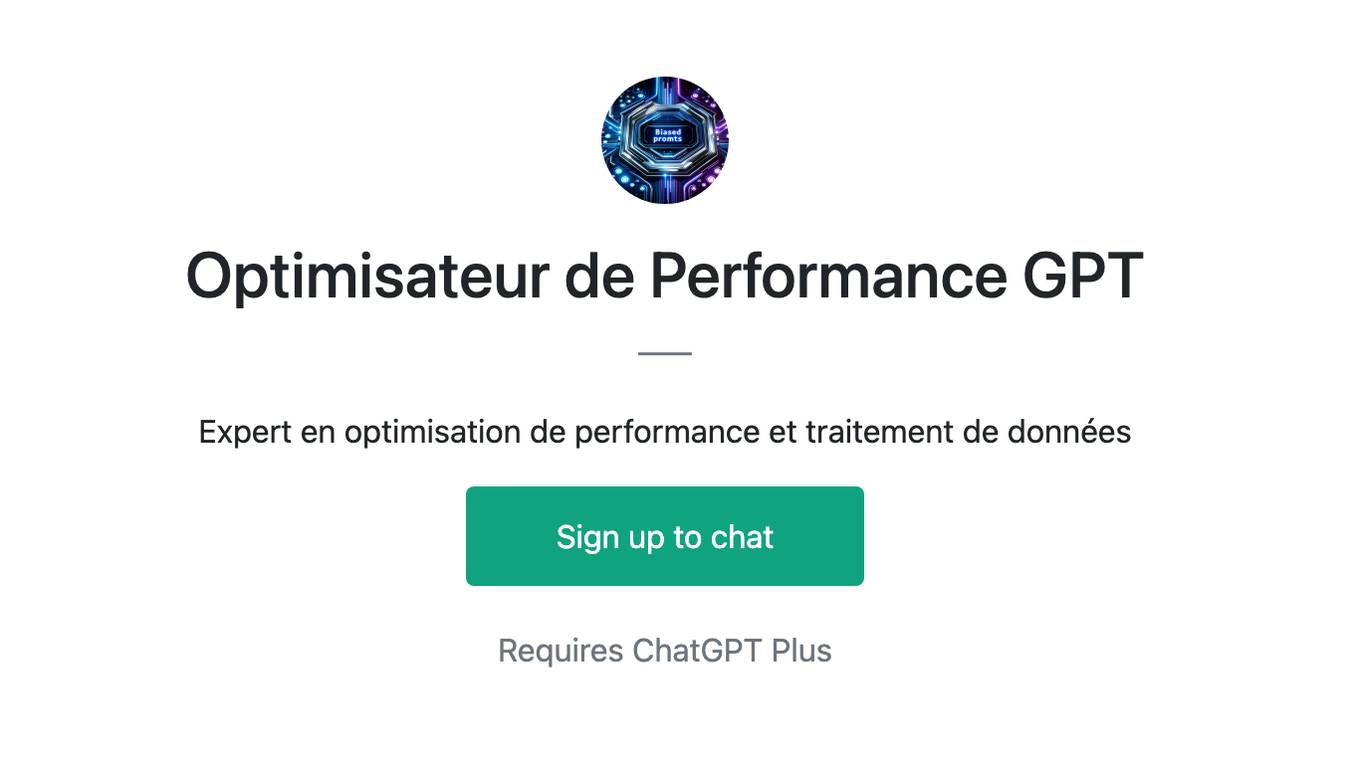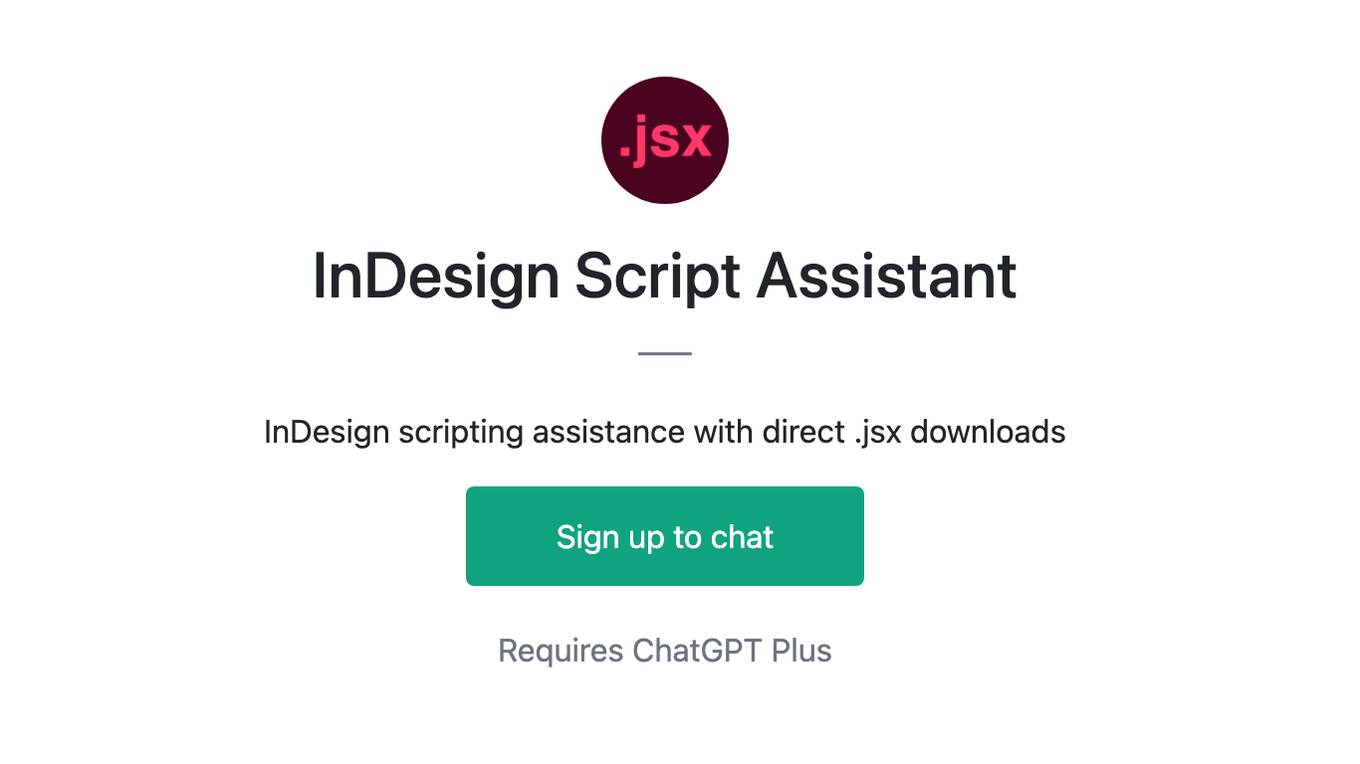Best AI tools for< Preprocess Audio >
1 - AI tool Sites

HappyML
HappyML is an AI tool designed to assist users in machine learning tasks. It provides a user-friendly interface for running machine learning algorithms without the need for complex coding. With HappyML, users can easily build, train, and deploy machine learning models for various applications. The tool offers a range of features such as data preprocessing, model evaluation, hyperparameter tuning, and model deployment. HappyML simplifies the machine learning process, making it accessible to users with varying levels of expertise.
1 - Open Source AI Tools

speechlib
Speechlib is a Python library that provides functionalities for speaker diarization, speaker recognition, and transcription on audio files. It offers features such as converting audio formats to WAV, converting stereo to mono, and re-encoding to 16-bit PCM. The library allows users to transcribe audio files, store transcripts, specify language and model size, and perform speaker recognition using voice samples. It supports various languages and provides performance metrics for different model sizes. Speechlib utilizes huggingface models for speaker recognition and transcription tasks.
2 - OpenAI Gpts

Optimisateur de Performance GPT
Expert en optimisation de performance et traitement de données
